Thank you! Your submission has been received!
Oops! Something went wrong while submitting the form.

Text Link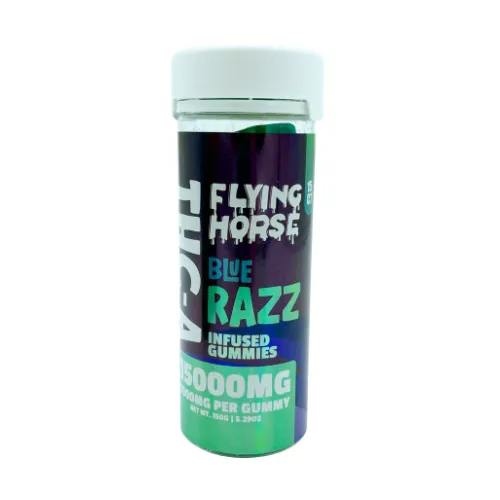
Blue Razz

126
https://airtable.com/appWUsGD3byrYcN3l/tblEtb1aIH5Xk4Nh9/viwx3HbRc2OBn02xl/recJi9CDLeliZleKr/fld2GYgNi5VwfLA0b/attvMIUMZWz2Ngpcw
recJi9CDLeliZleKr
34.99
Flying Horse - Exotic Blend Gummies - 15000mg - 15ct- Blue Razz
Text Link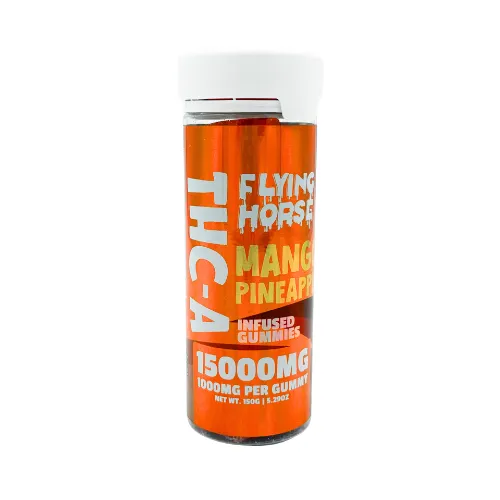
Mango Pineapple

119
https://airtable.com/appWUsGD3byrYcN3l/tblEtb1aIH5Xk4Nh9/viwx3HbRc2OBn02xl/rec6fW3lvAAAtMUtr/fld2GYgNi5VwfLA0b/attvMIUMZWz2Ngpcw
rec6fW3lvAAAtMUtr
34.99
Flying Horse - Exotic Blend Gummies - 15000mg - 15ct- Mango Pineapple
Text Link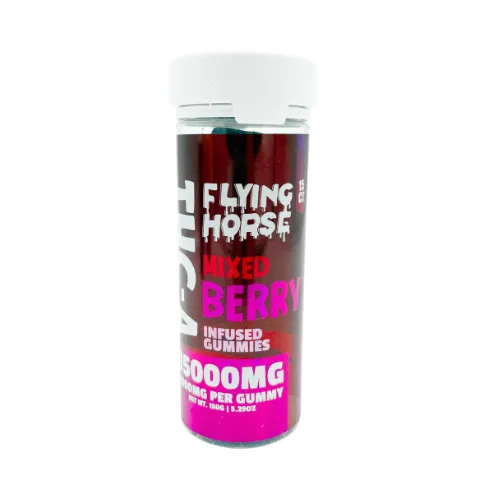
Mixed Berry

123
https://airtable.com/appWUsGD3byrYcN3l/tblEtb1aIH5Xk4Nh9/viwx3HbRc2OBn02xl/reckqH4HtS6Bi3Fqc/fld2GYgNi5VwfLA0b/attvMIUMZWz2Ngpcw
reckqH4HtS6Bi3Fqc
34.99
Flying Horse - Exotic Blend Gummies - 15000mg - 15ct- Mixed Berry
Text Link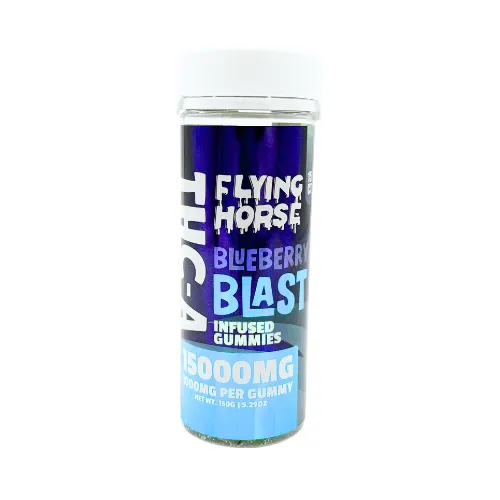
Blueberry Blast

106
https://airtable.com/appWUsGD3byrYcN3l/tblEtb1aIH5Xk4Nh9/viwx3HbRc2OBn02xl/recKHLStgO3GQYGw1/fld2GYgNi5VwfLA0b/attvMIUMZWz2Ngpcw
recKHLStgO3GQYGw1
34.99
Flying Horse - Exotic Blend Gummies - 15000mg - 15ct- Blueberry Blast
Text Link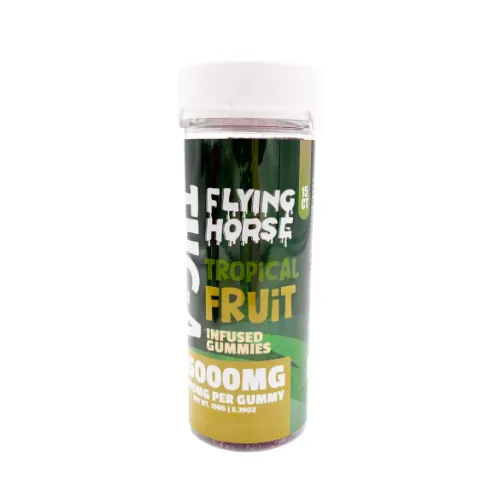
Tropical Fruit

127
https://airtable.com/appWUsGD3byrYcN3l/tblEtb1aIH5Xk4Nh9/viwx3HbRc2OBn02xl/rec6z5o0QKdKV0Nsw/fld2GYgNi5VwfLA0b/attvMIUMZWz2Ngpcw
rec6z5o0QKdKV0Nsw
34.99
Flying Horse - Exotic Blend Gummies - 15000mg - 15ct- Tropical Fruit
Text Link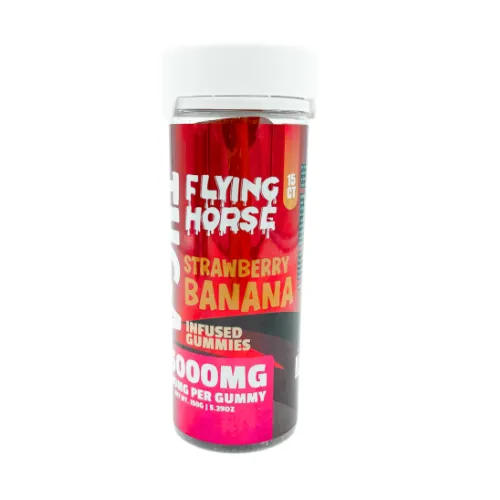
Strawberry Banana

99
https://airtable.com/appWUsGD3byrYcN3l/tblEtb1aIH5Xk4Nh9/viwx3HbRc2OBn02xl/recmqtTi9Dd0fWuLS/fld2GYgNi5VwfLA0b/attvMIUMZWz2Ngpcw
recmqtTi9Dd0fWuLS
34.99
Flying Horse - Exotic Blend Gummies - 15000mg - 15ct- Strawberry Banana
Text Link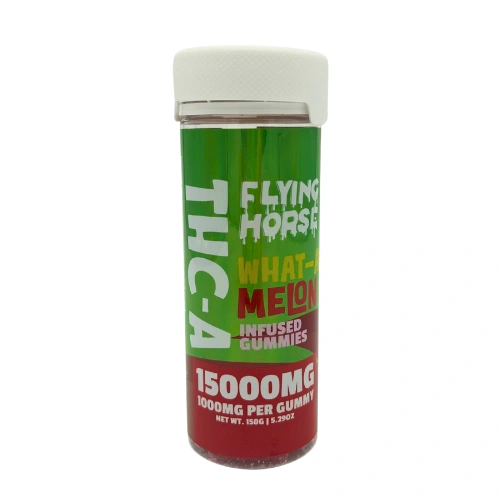
What A Melon

131
https://airtable.com/appWUsGD3byrYcN3l/tblEtb1aIH5Xk4Nh9/viwx3HbRc2OBn02xl/recfPWdqNHMUdOiCr/fld2GYgNi5VwfLA0b/attyI0TpeeBmKw40W
recfPWdqNHMUdOiCr
34.99
Flying Horse - Exotic Blend Gummies - 15000mg - 15ct- What A Melon
Text Link
Peach Fizz

136
https://airtable.com/appWUsGD3byrYcN3l/tblEtb1aIH5Xk4Nh9/viwx3HbRc2OBn02xl/recoqlXbSZtb7Q23m/fld2GYgNi5VwfLA0b/attHDwr1rAkyB2Tkq
recoqlXbSZtb7Q23m
34.99
Flying Horse - Exotic Blend Gummies - 15000mg - 15ct- Peach Fizz
Text Link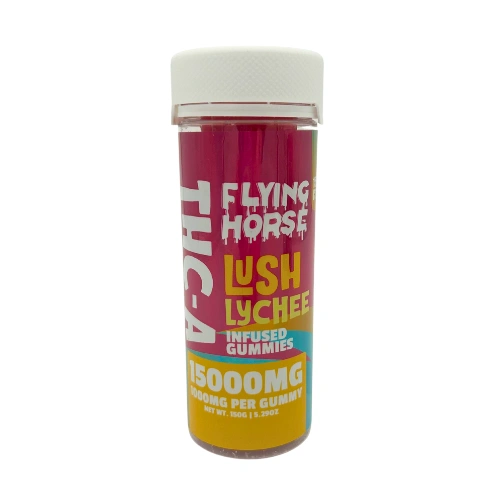
Lush Lycee

137
https://airtable.com/appWUsGD3byrYcN3l/tblEtb1aIH5Xk4Nh9/viwx3HbRc2OBn02xl/recVXSsxKB5MrE9CR/fld2GYgNi5VwfLA0b/attDKmiBYRmgvacIo
recVXSsxKB5MrE9CR
34.99
Flying Horse - Exotic Blend Gummies - 15000mg - 15ct- Lush Lycee
Text Link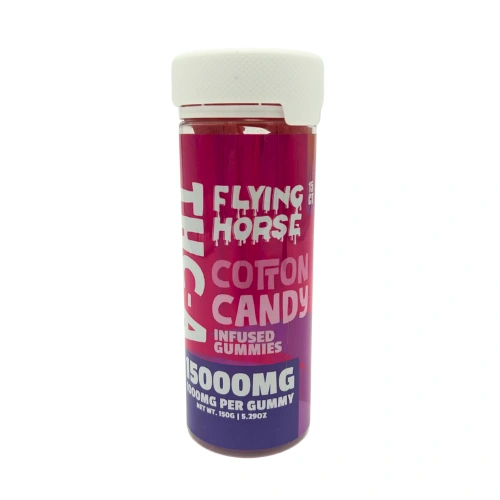
Cotton Candy

123
https://airtable.com/appWUsGD3byrYcN3l/tblEtb1aIH5Xk4Nh9/viwx3HbRc2OBn02xl/recOkhCqlX1RYJpZ2/fld2GYgNi5VwfLA0b/attElr7ynwtT7PYU4
recOkhCqlX1RYJpZ2
34.99
Flying Horse - Exotic Blend Gummies - 15000mg - 15ct- Cotton Candy
Text Link

Lemon Cake
33
https://media.aeropage.io/api/docproxy/token/b4c9c7104c2981023a27e3f3456bfd6a/reciFEYb9Zdp2582B
reciFEYb9Zdp2582B
34.99
ghost - All-in-One Slide Piece THCa 7g Disposable Vape Pens-Lemon Cake
Text Link

Grape Ape
0
https://media.aeropage.io/api/docproxy/token/b4c9c7104c2981023a27e3f3456bfd6a/recWvJ8vlVFD67xzc
recWvJ8vlVFD67xzc
34.99
ghost - All-in-One Slide Piece THCa 7g Disposable Vape Pens-Grape Ape
Text Link

Trainwreck
144
https://media.aeropage.io/api/docproxy/token/b4c9c7104c2981023a27e3f3456bfd6a/recVfzDK5p2e5WOYG
recVfzDK5p2e5WOYG
34.99
ghost - All-in-One Slide Piece THCa 7g Disposable Vape Pens-Trainwreck
Text Link

Chem Dog
56
https://media.aeropage.io/api/docproxy/token/b4c9c7104c2981023a27e3f3456bfd6a/recKgKpoqsUj3zMvc
recKgKpoqsUj3zMvc
34.99
ghost - All-in-One Slide Piece THCa 7g Disposable Vape Pens-Chem Dog
Text Link

Blueberry Muffin
4
https://media.aeropage.io/api/docproxy/token/b4c9c7104c2981023a27e3f3456bfd6a/rechxcc47ZCVzFtOm
rechxcc47ZCVzFtOm
34.99
ghost - All-in-One Slide Piece THCa 7g Disposable Vape Pens-Blueberry Muffin
Text Link

Tropicana Cookies
46
https://media.aeropage.io/api/docproxy/token/b4c9c7104c2981023a27e3f3456bfd6a/recx2hXt5rdcNuOrJ
recx2hXt5rdcNuOrJ
34.99
ghost - All-in-One Slide Piece THCa 7g Disposable Vape Pens-Tropicana Cookies
Text Link

Hulk Berry
21
https://media.aeropage.io/api/docproxy/token/b4c9c7104c2981023a27e3f3456bfd6a/recWLu46wPCbloPQC
recWLu46wPCbloPQC
34.99
ghost - All-in-One Slide Piece THCa 7g Disposable Vape Pens-Hulk Berry
Text Link
Pineapple

18
https://media.aeropage.io/api/docproxy/token/b4c9c7104c2981023a27e3f3456bfd6a/recxNgu5jXoHpPBpU
recxNgu5jXoHpPBpU
29.99
Road Trip - Desert Stardust Mushroom Gummies- Pineapple
Text Link
Blue Raspberry

126
https://media.aeropage.io/api/docproxy/token/b4c9c7104c2981023a27e3f3456bfd6a/recUuaUNF7SgSDauk
recUuaUNF7SgSDauk
29.99
Road Trip - Desert Stardust Mushroom Gummies- Blue Raspberry
Text Link
Green Apple

59
https://media.aeropage.io/api/docproxy/token/b4c9c7104c2981023a27e3f3456bfd6a/rec9bfY7JEkOXPq9p
rec9bfY7JEkOXPq9p
29.99
Road Trip - Desert Stardust Mushroom Gummies- Green Apple
Text Link
Strawberry

34
https://media.aeropage.io/api/docproxy/token/b4c9c7104c2981023a27e3f3456bfd6a/rec1JZuAZhRCCa4zh
rec1JZuAZhRCCa4zh
29.99
Road Trip - Desert Stardust Mushroom Gummies- Strawberry
Text Link
Rocket Pop

126
https://airtable.com/appWUsGD3byrYcN3l/tblEtb1aIH5Xk4Nh9/viwx3HbRc2OBn02xl/rec81hslHpez9pHZS/fld2GYgNi5VwfLA0b/attyO7l9h2cLg5PVQ
rec81hslHpez9pHZS
29.99
Road Trip - Desert Stardust Mushroom Gummies- Rocket Pop
Text Link
Sunset Punch

77
https://airtable.com/appWUsGD3byrYcN3l/tblEtb1aIH5Xk4Nh9/viwx3HbRc2OBn02xl/rec3OYla7INxdXyff/fld2GYgNi5VwfLA0b/attvTp1jKFZTgEa2p
rec3OYla7INxdXyff
29.99
Road Trip - Desert Stardust Mushroom Gummies- Sunset Punch
Text Link
Cotton Candy

167
https://airtable.com/appWUsGD3byrYcN3l/tblEtb1aIH5Xk4Nh9/viwx3HbRc2OBn02xl/recO4twRWZyJeCJET/fld2GYgNi5VwfLA0b/attWv1msePCwjOFU0
recO4twRWZyJeCJET
29.99
Road Trip - Desert Stardust Mushroom Gummies- Cotton Candy
Text Link

Watermelon Zkittelz + Strawberry Gelato Kush
50
https://airtable.com/appWUsGD3byrYcN3l/tblEtb1aIH5Xk4Nh9/viwx3HbRc2OBn02xl/recFjbAKpZqz84sSP/fld2GYgNi5VwfLA0b/attPYOdw89GJuAJXX
recFjbAKpZqz84sSP
39.99
Flying Horse - Stoner Blend 3-in-1 Disposable Vape - 9g-Watermelon Zkittelz + Strawberry Gelato Kush
Text Link

Polar Express + Skywalker OG
66
https://airtable.com/appWUsGD3byrYcN3l/tblEtb1aIH5Xk4Nh9/viwx3HbRc2OBn02xl/reckuzIow5iSHPRb4/fld2GYgNi5VwfLA0b/attVT6QBnXcNVNJBP
reckuzIow5iSHPRb4
39.99
Flying Horse - Stoner Blend 3-in-1 Disposable Vape - 9g-Polar Express + Skywalker OG
Text Link

AK-47 + Blue Flame Nuggs
69
https://airtable.com/appWUsGD3byrYcN3l/tblEtb1aIH5Xk4Nh9/viwx3HbRc2OBn02xl/recTd1hr7EoMKUYiT/fld2GYgNi5VwfLA0b/att3O5azpuUUe9W84
recTd1hr7EoMKUYiT
39.99
Flying Horse - Stoner Blend 3-in-1 Disposable Vape - 9g-AK-47 + Blue Flame Nuggs
Text Link

Fruity Pebbles + Pink Panties
48
https://airtable.com/appWUsGD3byrYcN3l/tblEtb1aIH5Xk4Nh9/viwx3HbRc2OBn02xl/recDWhYqyBddHDY7R/fld2GYgNi5VwfLA0b/attNyhOroOwZUIy3Y
recDWhYqyBddHDY7R
39.99
Flying Horse - Stoner Blend 3-in-1 Disposable Vape - 9g-Fruity Pebbles + Pink Panties
Text Link

Sour Diesel Runtz + Granddaddy Purple
41
https://airtable.com/appWUsGD3byrYcN3l/tblEtb1aIH5Xk4Nh9/viwx3HbRc2OBn02xl/rec9SxAH6vkn5L4Sm/fld2GYgNi5VwfLA0b/att7YNfYfT9VEJnkn
rec9SxAH6vkn5L4Sm
39.99
Flying Horse - Stoner Blend 3-in-1 Disposable Vape - 9g-Sour Diesel Runtz + Granddaddy Purple
Text Link

Strawberry Pop + After Love
53
https://airtable.com/appWUsGD3byrYcN3l/tblEtb1aIH5Xk4Nh9/viwx3HbRc2OBn02xl/recVQGXKawtTvOVun/fld2GYgNi5VwfLA0b/attg7FAQnWseX4Han
recVQGXKawtTvOVun
39.99
Flying Horse - Stoner Blend 3-in-1 Disposable Vape - 9g-Strawberry Pop + After Love
Text Link

Blue Dream + Pineapple Express
66
https://airtable.com/appWUsGD3byrYcN3l/tblEtb1aIH5Xk4Nh9/viwx3HbRc2OBn02xl/recs8t31B5bT7j89K/fld2GYgNi5VwfLA0b/att6UZAJlGoYNF6QI
recs8t31B5bT7j89K
39.99
Flying Horse - Stoner Blend 3-in-1 Disposable Vape - 9g-Blue Dream + Pineapple Express
Text Link

Birthday Cake + Ice Cream Cake
51
https://airtable.com/appWUsGD3byrYcN3l/tblEtb1aIH5Xk4Nh9/viwx3HbRc2OBn02xl/recIQtl6PUah9ExoT/fld2GYgNi5VwfLA0b/attsCyiUzaIvj7pnu
recIQtl6PUah9ExoT
39.99
Flying Horse - Stoner Blend 3-in-1 Disposable Vape - 9g-Birthday Cake + Ice Cream Cake
Text Link
Watermelon

21
https://airtable.com/appWUsGD3byrYcN3l/tblEtb1aIH5Xk4Nh9/viwx3HbRc2OBn02xl/reca4oDpJHTkK5pbi/fld2GYgNi5VwfLA0b/att4Akv2dKdBd3YzY
reca4oDpJHTkK5pbi
29.99
Road Trip - Desert Stardust Mushroom Gummies- Watermelon
Text Link.webp)
.webp)
Zkittlez Haze + Blueberry Bliss Out
64
https://airtable.com/appWUsGD3byrYcN3l/tblEtb1aIH5Xk4Nh9/viwx3HbRc2OBn02xl/rect7e2VHbNzMk02V/fld2GYgNi5VwfLA0b/att9gRMWCkOT2B6Va
rect7e2VHbNzMk02V
39.99
Flying Horse - Stoner Blend 3-in-1 Disposable Vape - 9g-Zkittlez Haze + Blueberry Bliss Out
Text Link.webp)
.webp)
Sugar Gas Rush +Cotton Candy Crush
43
https://airtable.com/appWUsGD3byrYcN3l/tblEtb1aIH5Xk4Nh9/viwx3HbRc2OBn02xl/recx4No8B0OaK5J9A/fld2GYgNi5VwfLA0b/attYr0S4ZnLjtcCh7
recx4No8B0OaK5J9A
39.99
Flying Horse - Stoner Blend 3-in-1 Disposable Vape - 9g-Sugar Gas Rush +Cotton Candy Crush
Text Link

Animal Cookies
19
https://media.aeropage.io/api/docproxy/token/b4c9c7104c2981023a27e3f3456bfd6a/rec5q6Y4g92ex7mR7
rec5q6Y4g92ex7mR7
24.99
Kush Burst - Super Knockout Blend Vape Pens - 2.2g-Animal Cookies
Text Link

Lemon Zkittles
5
https://media.aeropage.io/api/docproxy/token/b4c9c7104c2981023a27e3f3456bfd6a/recQHowW2gjHQzx2M
recQHowW2gjHQzx2M
24.99
Kush Burst - Super Knockout Blend Vape Pens - 2.2g-Lemon Zkittles
Text Link

Space Octane
40
https://media.aeropage.io/api/docproxy/token/b4c9c7104c2981023a27e3f3456bfd6a/recBvPvi4r2oPkIjF
recBvPvi4r2oPkIjF
24.99
Kush Burst - Super Knockout Blend Vape Pens - 2.2g-Space Octane
Text Link
Purple Paradise

173
https://media.aeropage.io/api/docproxy/token/b4c9c7104c2981023a27e3f3456bfd6a/rec93c7BCc5iQMcsF
39.99
rec93c7BCc5iQMcsF
49.99
Delta Extrax - THCa Live Sugar 12000mg Gummies | Adios MF- Purple Paradise
Text Link
Strawberry Delight

165
https://media.aeropage.io/api/docproxy/token/b4c9c7104c2981023a27e3f3456bfd6a/recAXr6cn850lKse5
39.99
recAXr6cn850lKse5
49.99
Delta Extrax - THCa Live Sugar 12000mg Gummies | Adios MF- Strawberry Delight
Text Link
Raspberry Lemonade

85
https://airtable.com/appWUsGD3byrYcN3l/tblEtb1aIH5Xk4Nh9/viwx3HbRc2OBn02xl/rec9WLlZ8q5wcEfPp/fld2GYgNi5VwfLA0b/attER72Nk8fDacclj
39.99
rec9WLlZ8q5wcEfPp
49.99
Delta Extrax - THCa Live Sugar 12000mg Gummies | Adios MF- Raspberry Lemonade
Text Link
Peach Rings

22
https://airtable.com/appWUsGD3byrYcN3l/tblEtb1aIH5Xk4Nh9/viwx3HbRc2OBn02xl/recakNGjXtbtekSMd/fld2GYgNi5VwfLA0b/atteVU7CWQbEixUwy
39.99
recakNGjXtbtekSMd
49.99
Delta Extrax - THCa Live Sugar 12000mg Gummies | Adios MF- Peach Rings
Text Link

Alaskan Thunder Fuck
36
https://media.aeropage.io/api/docproxy/token/b4c9c7104c2981023a27e3f3456bfd6a/recan7YzfGVpgTFkv
recan7YzfGVpgTFkv
54.99
Exodus - THCa Flower - 8g-Alaskan Thunder Fuck
Text Link

Blue Dream
0
https://media.aeropage.io/api/docproxy/token/b4c9c7104c2981023a27e3f3456bfd6a/recQDAjjMZD3FyMrC
recQDAjjMZD3FyMrC
54.99
Exodus - THCa Flower - 8g-Blue Dream
Text Link

Bubble Gum
0
https://media.aeropage.io/api/docproxy/token/b4c9c7104c2981023a27e3f3456bfd6a/recWTJ6fI3ymtACnI
recWTJ6fI3ymtACnI
54.99
Exodus - THCa Flower - 8g-Bubble Gum
Text Link

Gorilla Glue
26
https://media.aeropage.io/api/docproxy/token/b4c9c7104c2981023a27e3f3456bfd6a/recNb0ewSN9vzPeVu
recNb0ewSN9vzPeVu
54.99
Exodus - THCa Flower - 8g-Gorilla Glue
Text Link

Slurricane
0
https://media.aeropage.io/api/docproxy/token/b4c9c7104c2981023a27e3f3456bfd6a/rec0AbV87CsALYxpm
rec0AbV87CsALYxpm
54.99
Exodus - THCa Flower - 8g-Slurricane
Text Link

Sour Space Candy
33
https://media.aeropage.io/api/docproxy/token/b4c9c7104c2981023a27e3f3456bfd6a/recDfilnEXmXBJY2B
recDfilnEXmXBJY2B
54.99
Exodus - THCa Flower - 8g-Sour Space Candy
Text Link

Rainbow Gelato
18
https://airtable.com/appWUsGD3byrYcN3l/tblEtb1aIH5Xk4Nh9/viwx3HbRc2OBn02xl/recrpDFURXUOQumrO/fld2GYgNi5VwfLA0b/attDGsSPUZYqh2oCU
recrpDFURXUOQumrO
54.99
Exodus - THCa Flower - 8g-Rainbow Gelato
Text Link

Sunset Sherbet
18
https://airtable.com/appWUsGD3byrYcN3l/tblEtb1aIH5Xk4Nh9/viwx3HbRc2OBn02xl/rec13lVv7PupeuTaa/fld2GYgNi5VwfLA0b/att6tlXjjWgBK0pnR
rec13lVv7PupeuTaa
54.99
Exodus - THCa Flower - 8g-Sunset Sherbet
Text Link

Italian Ice
0
https://airtable.com/appWUsGD3byrYcN3l/tblEtb1aIH5Xk4Nh9/viwx3HbRc2OBn02xl/recsjgFllA3YBS3vn/fld2GYgNi5VwfLA0b/atteq6s4ON5JkjXVZ
recsjgFllA3YBS3vn
54.99
Exodus - THCa Flower - 8g-Italian Ice
Text Link
Milk Chocolate

36
https://airtable.com/appWUsGD3byrYcN3l/tblEtb1aIH5Xk4Nh9/viwx3HbRc2OBn02xl/recj3Mf5O5DgIyHgv/fld2GYgNi5VwfLA0b/attkCyByqIWf8tmdR
recj3Mf5O5DgIyHgv
34.99
Road Trip - Desert Stardust Mushroom Chocolate Bar - 8 pcs- Milk Chocolate
Text Link.webp)
Cookies & Cream
.webp)
18
https://airtable.com/appWUsGD3byrYcN3l/tblEtb1aIH5Xk4Nh9/viwx3HbRc2OBn02xl/recTOWx3RtL5X2F5G/fld2GYgNi5VwfLA0b/attpeusCADXd6oBSq
recTOWx3RtL5X2F5G
34.99
Road Trip - Desert Stardust Mushroom Chocolate Bar - 8 pcs- Cookies & Cream
Text Link
Dark Chocolate Orange

36
https://airtable.com/appWUsGD3byrYcN3l/tblEtb1aIH5Xk4Nh9/viwx3HbRc2OBn02xl/recaSeQFh32TGUXhP/fld2GYgNi5VwfLA0b/attFGb0x61LuMYP8n
recaSeQFh32TGUXhP
34.99
Road Trip - Desert Stardust Mushroom Chocolate Bar - 8 pcs- Dark Chocolate Orange
Text Link
Strawberry Crunch

8
https://airtable.com/appWUsGD3byrYcN3l/tblEtb1aIH5Xk4Nh9/viwx3HbRc2OBn02xl/rece42bZ2hfGN4uL4/fld2GYgNi5VwfLA0b/att1W6APqfkLDVOd2
rece42bZ2hfGN4uL4
34.99
Road Trip - Desert Stardust Mushroom Chocolate Bar - 8 pcs- Strawberry Crunch
Text Link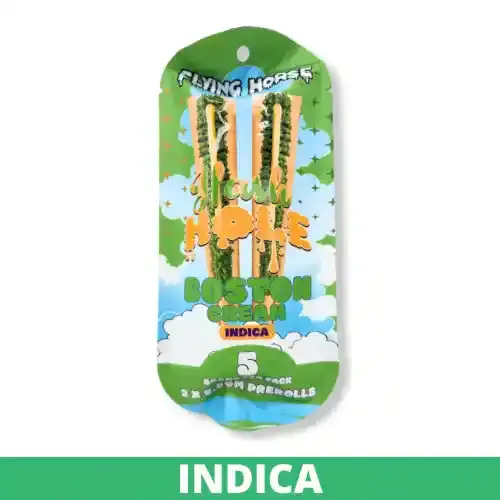

Boston Cream
26
https://airtable.com/appWUsGD3byrYcN3l/tblEtb1aIH5Xk4Nh9/viwx3HbRc2OBn02xl/receAcEbiZiBYYr4c/fld2GYgNi5VwfLA0b/attjZHekWFveMGUwV
receAcEbiZiBYYr4c
14.99
Flying Horse - Hash Hole Prerolls - 2.5g Each - 2ct-Boston Cream
Text Link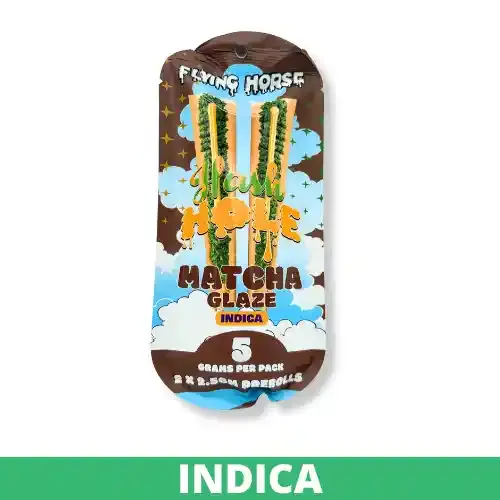

Matcha Glaze
35
https://airtable.com/appWUsGD3byrYcN3l/tblEtb1aIH5Xk4Nh9/viwx3HbRc2OBn02xl/recSCCiCU0kbC3h6m/fld2GYgNi5VwfLA0b/attlIIxWfNxZCMJXO
recSCCiCU0kbC3h6m
14.99
Flying Horse - Hash Hole Prerolls - 2.5g Each - 2ct-Matcha Glaze
Text Link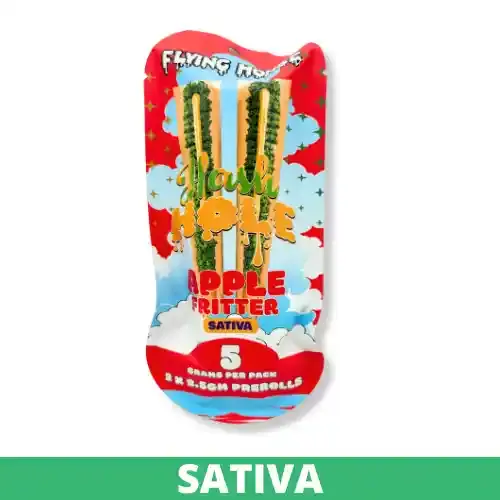

Apple Fritter
27
https://airtable.com/appWUsGD3byrYcN3l/tblEtb1aIH5Xk4Nh9/viwx3HbRc2OBn02xl/recSYuBu3ui4dVYc2/fld2GYgNi5VwfLA0b/attfrGOfW8faIG0Dg
recSYuBu3ui4dVYc2
14.99
Flying Horse - Hash Hole Prerolls - 2.5g Each - 2ct-Apple Fritter
Text Link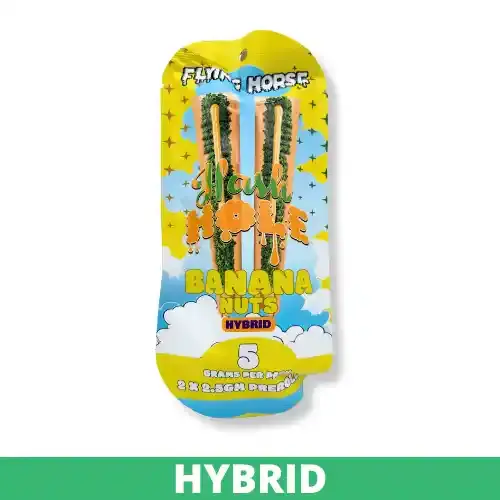

Banana Nuts
20
https://airtable.com/appWUsGD3byrYcN3l/tblEtb1aIH5Xk4Nh9/viwx3HbRc2OBn02xl/recApBT9K6XVFsJ1t/fld2GYgNi5VwfLA0b/attijVdjFRG4EmGwW
recApBT9K6XVFsJ1t
14.99
Flying Horse - Hash Hole Prerolls - 2.5g Each - 2ct-Banana Nuts
Text Link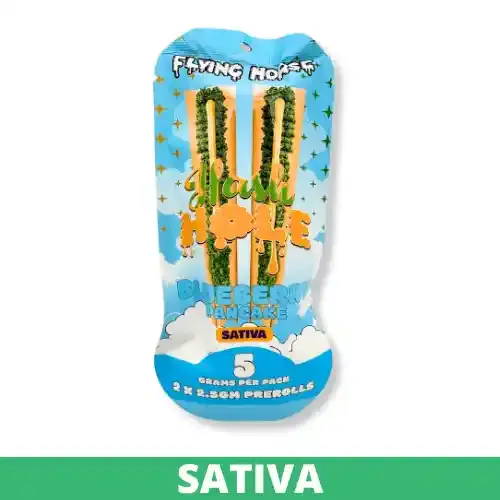

Blueberry Pancake
10
https://airtable.com/appWUsGD3byrYcN3l/tblEtb1aIH5Xk4Nh9/viwx3HbRc2OBn02xl/recaVWxlmNj3HuujC/fld2GYgNi5VwfLA0b/attG2TCHLdUxqMzCb
recaVWxlmNj3HuujC
14.99
Flying Horse - Hash Hole Prerolls - 2.5g Each - 2ct-Blueberry Pancake
Text Link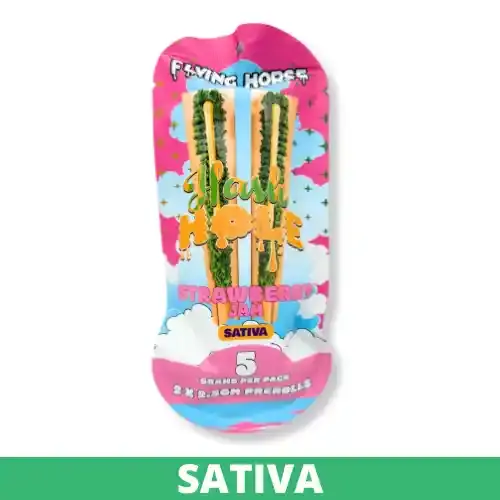

Strawberry Jam
2
https://airtable.com/appWUsGD3byrYcN3l/tblEtb1aIH5Xk4Nh9/viwx3HbRc2OBn02xl/recVsBF77L8pxgBak/fld2GYgNi5VwfLA0b/atthbEwvmRp3KNRbi
recVsBF77L8pxgBak
14.99
Flying Horse - Hash Hole Prerolls - 2.5g Each - 2ct-Strawberry Jam
Text Link

Pumpkin Spice
22
https://airtable.com/appWUsGD3byrYcN3l/tblEtb1aIH5Xk4Nh9/viwx3HbRc2OBn02xl/recG5bNoMoENF36lw/fld2GYgNi5VwfLA0b/attdLApZZc7GZoYKt
recG5bNoMoENF36lw
14.99
Flying Horse - Hash Hole Prerolls - 2.5g Each - 2ct-Pumpkin Spice
Text Link

Glazed N' Laced
10
https://airtable.com/appWUsGD3byrYcN3l/tblEtb1aIH5Xk4Nh9/viwx3HbRc2OBn02xl/recSrZRGen9dbvzjN/fld2GYgNi5VwfLA0b/att3S3kNq8wduc5cN
recSrZRGen9dbvzjN
14.99
Flying Horse - Hash Hole Prerolls - 2.5g Each - 2ct-Glazed N' Laced
Text Link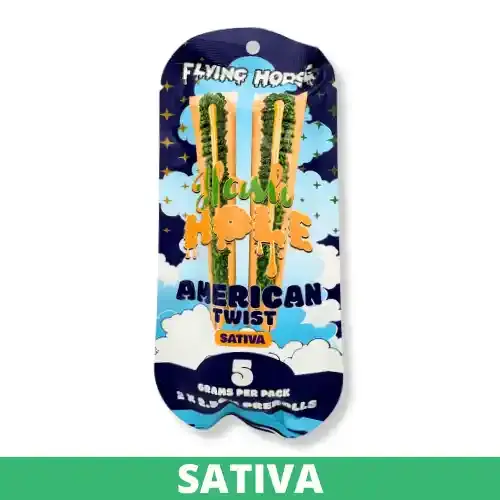

American Twist
27
https://airtable.com/appWUsGD3byrYcN3l/tblEtb1aIH5Xk4Nh9/viwx3HbRc2OBn02xl/recscp2W0YgFsZO06/fld2GYgNi5VwfLA0b/attC0QwapSkBUoiF9
recscp2W0YgFsZO06
14.99
Flying Horse - Hash Hole Prerolls - 2.5g Each - 2ct-American Twist
Text Link

Frosted Cake
4
https://airtable.com/appWUsGD3byrYcN3l/tblEtb1aIH5Xk4Nh9/viwx3HbRc2OBn02xl/recE2xmSadXLNOJfD/fld2GYgNi5VwfLA0b/attiXl9G1ATfOoX0Y
recE2xmSadXLNOJfD
14.99
Flying Horse - Hash Hole Prerolls - 2.5g Each - 2ct-Frosted Cake
Text Link

Black Runtz
64
https://airtable.com/appWUsGD3byrYcN3l/tblEtb1aIH5Xk4Nh9/viwx3HbRc2OBn02xl/recCVX0p7OS15hukS/fld2GYgNi5VwfLA0b/attQAID23piREmtEC
recCVX0p7OS15hukS
13.99
Black Roses - Hash Hole Pre Rolls | 2ct - 4g-Black Runtz
Text Link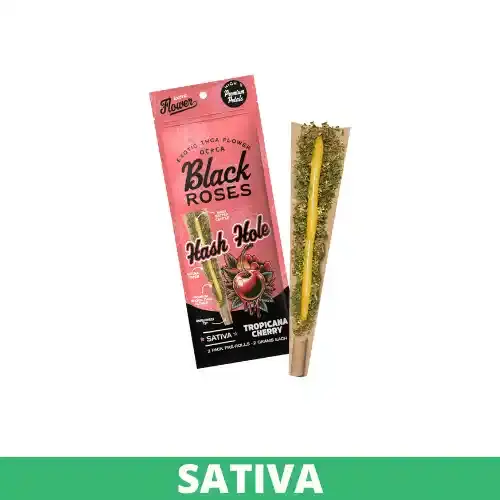

Tropicana Cherry
0
https://airtable.com/appWUsGD3byrYcN3l/tblEtb1aIH5Xk4Nh9/viwx3HbRc2OBn02xl/recyj453nmMm8pQQk/fld2GYgNi5VwfLA0b/attEzGuemqaGWTpfr
recyj453nmMm8pQQk
13.99
Black Roses - Hash Hole Pre Rolls | 2ct - 4g-Tropicana Cherry
Text Link

Blue Razz
58
https://airtable.com/appWUsGD3byrYcN3l/tblEtb1aIH5Xk4Nh9/viwx3HbRc2OBn02xl/recL4J2idNXbyKgBl/fld2GYgNi5VwfLA0b/attg6s9llUlwWusFq
recL4J2idNXbyKgBl
13.99
Black Roses - Hash Hole Pre Rolls | 2ct - 4g-Blue Razz
Text Link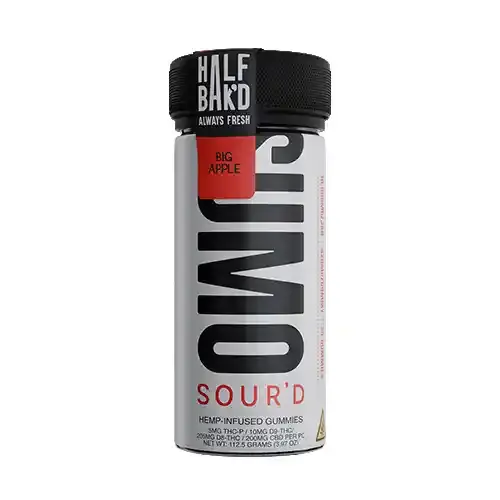
Big Apple

23
https://airtable.com/appWUsGD3byrYcN3l/tblEtb1aIH5Xk4Nh9/viwx3HbRc2OBn02xl/recg9PcYmuhD2UdOd/fld2GYgNi5VwfLA0b/attSazuHBck4PZ3LY
recg9PcYmuhD2UdOd
36.99
Half Bak'd - SUMO Sour'd THCP Gummies - 10,000mg- Big Apple
Text Link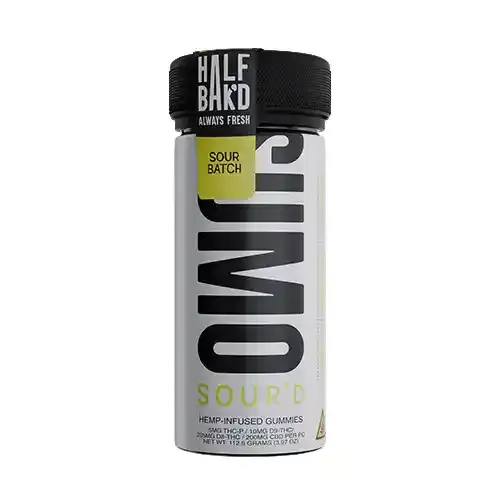
Sour Batch

24
https://airtable.com/appWUsGD3byrYcN3l/tblEtb1aIH5Xk4Nh9/viwx3HbRc2OBn02xl/recV03yqKiZOmi1Z9/fld2GYgNi5VwfLA0b/attGhL9qMtxppJox4
recV03yqKiZOmi1Z9
36.99
Half Bak'd - SUMO Sour'd THCP Gummies - 10,000mg- Sour Batch
Text Link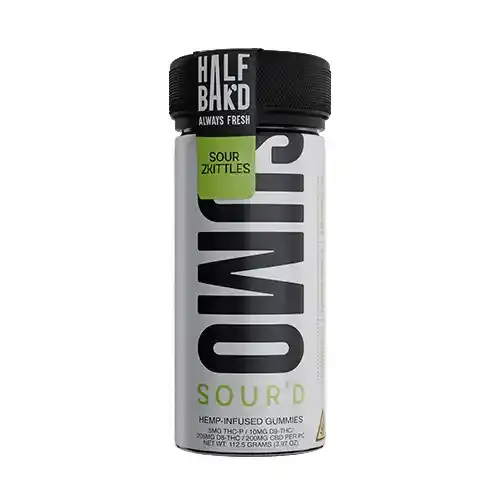
Sour Zkittles

17
https://airtable.com/appWUsGD3byrYcN3l/tblEtb1aIH5Xk4Nh9/viwx3HbRc2OBn02xl/recVAWrbGB9wTWh1A/fld2GYgNi5VwfLA0b/attAkgfBwFG4AYNdC
recVAWrbGB9wTWh1A
36.99
Half Bak'd - SUMO Sour'd THCP Gummies - 10,000mg- Sour Zkittles
Text Link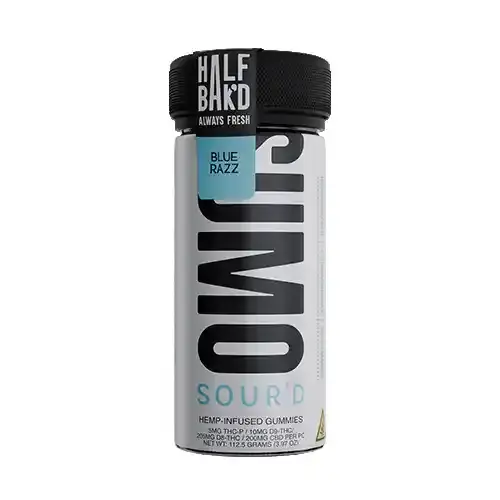
Blue Razz

13
https://airtable.com/appWUsGD3byrYcN3l/tblEtb1aIH5Xk4Nh9/viwx3HbRc2OBn02xl/recYsRBQY14aQ0OXi/fld2GYgNi5VwfLA0b/att1moRviSPdlODFm
recYsRBQY14aQ0OXi
36.99
Half Bak'd - SUMO Sour'd THCP Gummies - 10,000mg- Blue Razz
Text Link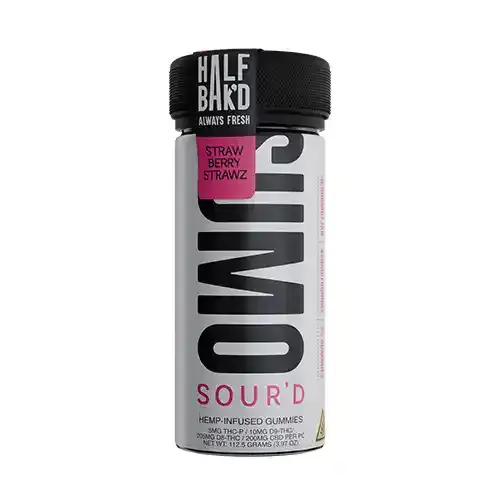
Strawberry Strawz

15
https://airtable.com/appWUsGD3byrYcN3l/tblEtb1aIH5Xk4Nh9/viwx3HbRc2OBn02xl/recdZPU9BEMTPvJ4j/fld2GYgNi5VwfLA0b/attOwCZ5sW96RiI72
recdZPU9BEMTPvJ4j
36.99
Half Bak'd - SUMO Sour'd THCP Gummies - 10,000mg- Strawberry Strawz
Text Link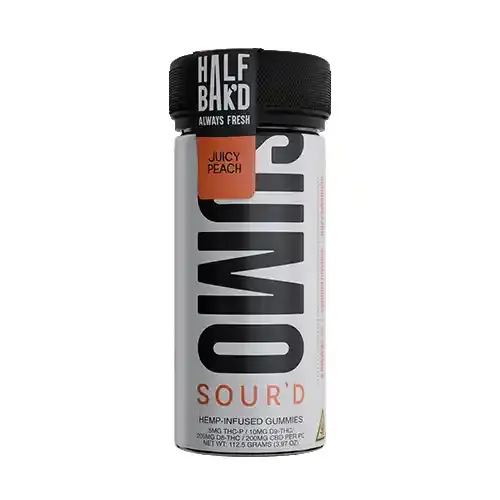
Juicy Peach

21
https://airtable.com/appWUsGD3byrYcN3l/tblEtb1aIH5Xk4Nh9/viwx3HbRc2OBn02xl/recxPe2vpBShVfNo3/fld2GYgNi5VwfLA0b/attcEElzdpw31TthQ
recxPe2vpBShVfNo3
36.99
Half Bak'd - SUMO Sour'd THCP Gummies - 10,000mg- Juicy Peach
Text Link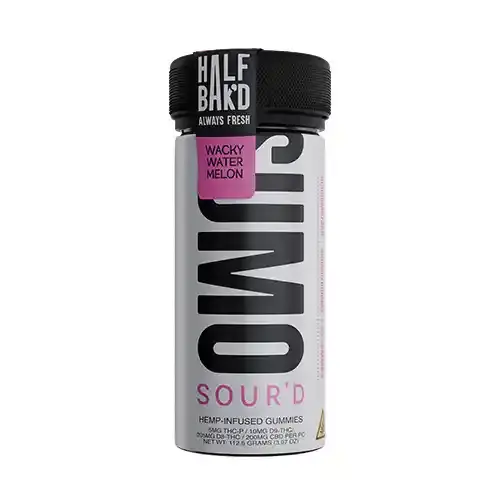
Wacky Watermelon

25
https://airtable.com/appWUsGD3byrYcN3l/tblEtb1aIH5Xk4Nh9/viwx3HbRc2OBn02xl/recRw7BPBWDdnoICa/fld2GYgNi5VwfLA0b/attsSY2yw8bttQlVY
recRw7BPBWDdnoICa
36.99
Half Bak'd - SUMO Sour'd THCP Gummies - 10,000mg- Wacky Watermelon
Text Link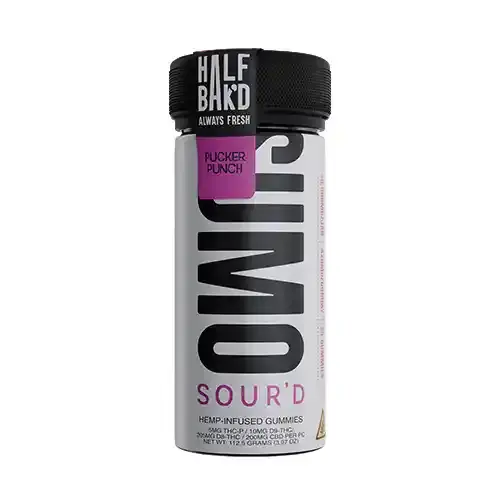
Pucker Punch

20
https://airtable.com/appWUsGD3byrYcN3l/tblEtb1aIH5Xk4Nh9/viwx3HbRc2OBn02xl/recQniRwV1k1djzcL/fld2GYgNi5VwfLA0b/att7lonJCvH8x2Qn9
recQniRwV1k1djzcL
36.99
Half Bak'd - SUMO Sour'd THCP Gummies - 10,000mg- Pucker Punch
Text Link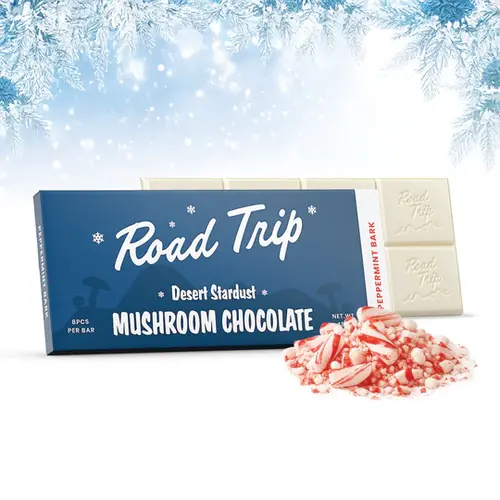
Peppermint Bark

0
https://airtable.com/appWUsGD3byrYcN3l/tblEtb1aIH5Xk4Nh9/recBUKH4Ik3PtV8Cj/fld2GYgNi5VwfLA0b/attkCyByqIWf8tmdR
recBUKH4Ik3PtV8Cj
34.99
Road Trip - Desert Stardust Mushroom Chocolate Bar - 8 pcs- Peppermint Bark
Text Link
Strawberry Daydream

43
recbjJicxBm5tHFJE
9.99
Delta Extrax - BrainRot Gummies - THCA + D9 + THCP - 2000mg- Strawberry Daydream
Text Link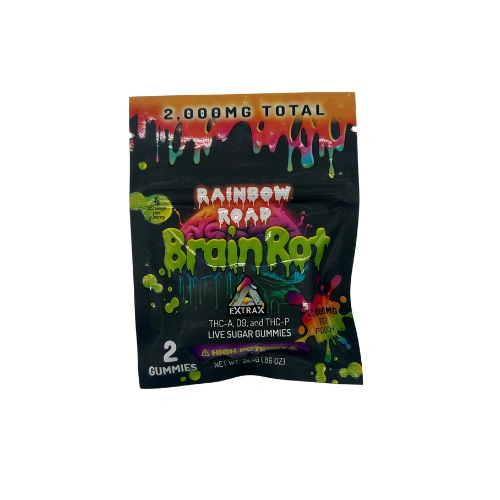
Rainbow Road

47
recqe8utWwwDLjXdi
9.99
Delta Extrax - BrainRot Gummies - THCA + D9 + THCP - 2000mg- Rainbow Road
Text Link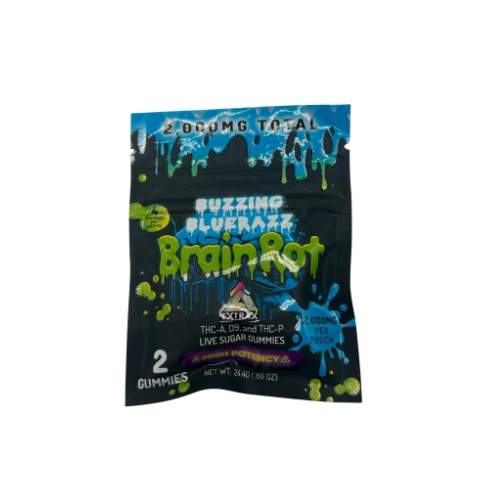
Buzzing Blue Razz

72
rectjMs9JSxtOPa8X
9.99
Delta Extrax - BrainRot Gummies - THCA + D9 + THCP - 2000mg- Buzzing Blue Razz
Text Link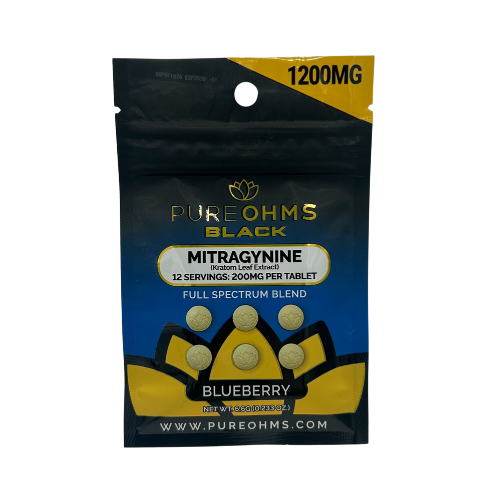
Blueberry

30
https://airtable.com/appWUsGD3byrYcN3l/tblEtb1aIH5Xk4Nh9/viwx3HbRc2OBn02xl/recCyk3raKF5SBvUN/fld2GYgNi5VwfLA0b/attt0psIH50f6soRO
recCyk3raKF5SBvUN
49.99
Pure Ohms - Black - Full Spectrum Kratom Tablets - 1200mg- Blueberry
Text Link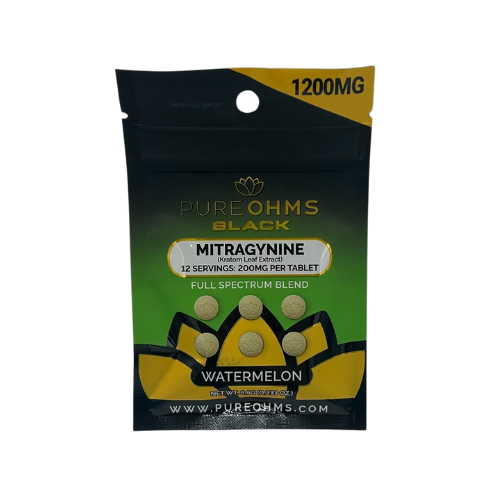
Watermelon

26
https://airtable.com/appWUsGD3byrYcN3l/tblEtb1aIH5Xk4Nh9/viwx3HbRc2OBn02xl/recXVgpHbiJdcVFy3/fld2GYgNi5VwfLA0b/attmnnCYjidgd1nmI
recXVgpHbiJdcVFy3
49.99
Pure Ohms - Black - Full Spectrum Kratom Tablets - 1200mg- Watermelon
Text Link
Strawberry

56
https://airtable.com/appWUsGD3byrYcN3l/tblEtb1aIH5Xk4Nh9/viwx3HbRc2OBn02xl/recgKFpP0rANrAyh1/fld2GYgNi5VwfLA0b/attALMbfb6cTTqprh
recgKFpP0rANrAyh1
49.99
Pure Ohms - Black - Full Spectrum Kratom Tablets - 1200mg- Strawberry
Text Link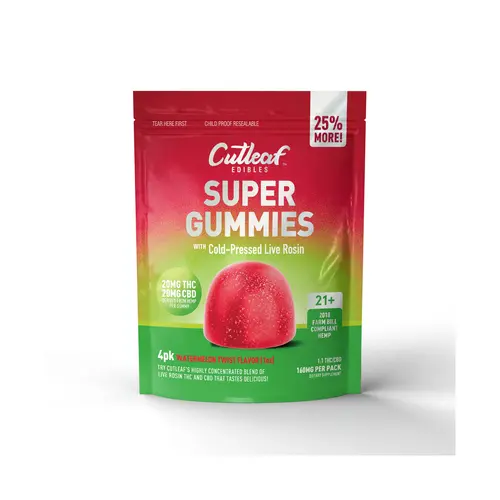
Watermelon Twist

118
https://airtable.com/appWUsGD3byrYcN3l/tblEtb1aIH5Xk4Nh9/viwx3HbRc2OBn02xl/reckUgS6q4sbSB81W/fld2GYgNi5VwfLA0b/attunxbMqi56trJMd
reckUgS6q4sbSB81W
7.99
Cutleaf - THC + CBD Super Gummies - 160mg- Watermelon Twist
Text Link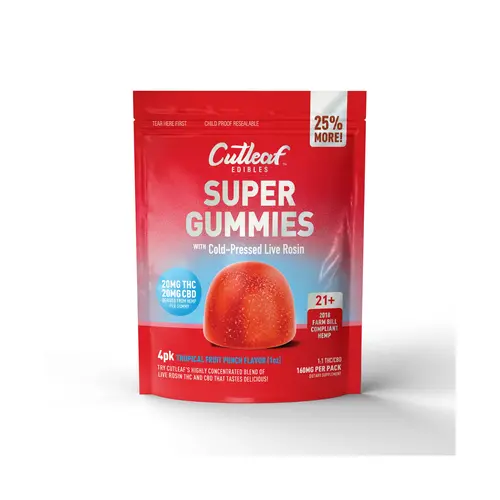
Tropical Fruit Punch

117
https://airtable.com/appWUsGD3byrYcN3l/tblEtb1aIH5Xk4Nh9/viwx3HbRc2OBn02xl/recRdA2Q9KPpgMsbB/fld2GYgNi5VwfLA0b/attonTwarvfOl7eyu
recRdA2Q9KPpgMsbB
7.99
Cutleaf - THC + CBD Super Gummies - 160mg- Tropical Fruit Punch
Text Link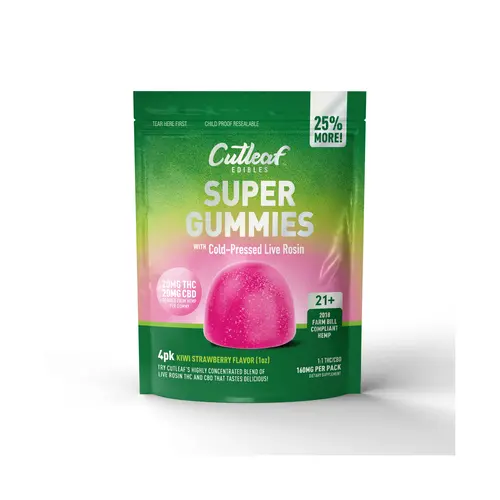
Kiwi Strawberry

117
https://airtable.com/appWUsGD3byrYcN3l/tblEtb1aIH5Xk4Nh9/viwx3HbRc2OBn02xl/rec0dWxtxPBML9NPB/fld2GYgNi5VwfLA0b/attbp5k2bV9OTcQWc
rec0dWxtxPBML9NPB
7.99
Cutleaf - THC + CBD Super Gummies - 160mg- Kiwi Strawberry
Text Link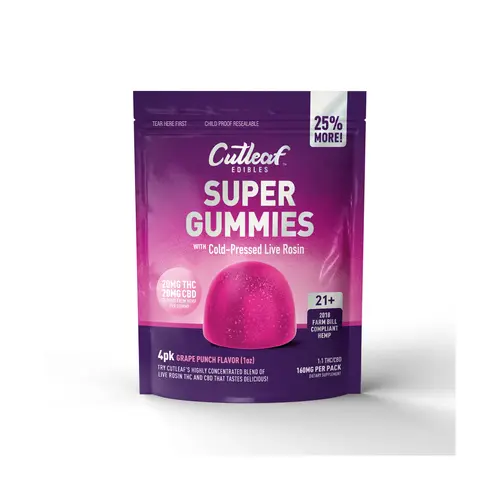
Grape Punch

120
https://airtable.com/appWUsGD3byrYcN3l/tblEtb1aIH5Xk4Nh9/viwx3HbRc2OBn02xl/recHke8dRJvA536o7/fld2GYgNi5VwfLA0b/attvoRXGikWwM8Mqe
recHke8dRJvA536o7
7.99
Cutleaf - THC + CBD Super Gummies - 160mg- Grape Punch
Text Link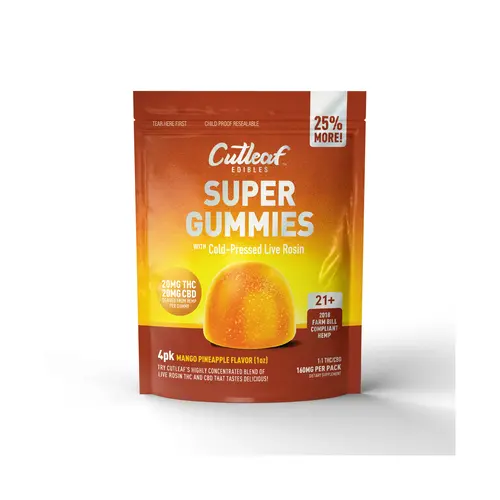
Mango Pineapple

117
https://airtable.com/appWUsGD3byrYcN3l/tblEtb1aIH5Xk4Nh9/viwx3HbRc2OBn02xl/recoqMTjvC8CPyx4H/fld2GYgNi5VwfLA0b/attz7fnMcTKRTGcNL
recoqMTjvC8CPyx4H
7.99
Cutleaf - THC + CBD Super Gummies - 160mg- Mango Pineapple
Text Link
Blue Raspberry

116
https://airtable.com/appWUsGD3byrYcN3l/tblEtb1aIH5Xk4Nh9/viwx3HbRc2OBn02xl/rec9MSZmZqjWi43rW/fld2GYgNi5VwfLA0b/attzSvbuQ0lbC5WjP
rec9MSZmZqjWi43rW
7.99
Cutleaf - THC + CBD Super Gummies - 160mg- Blue Raspberry
Text Link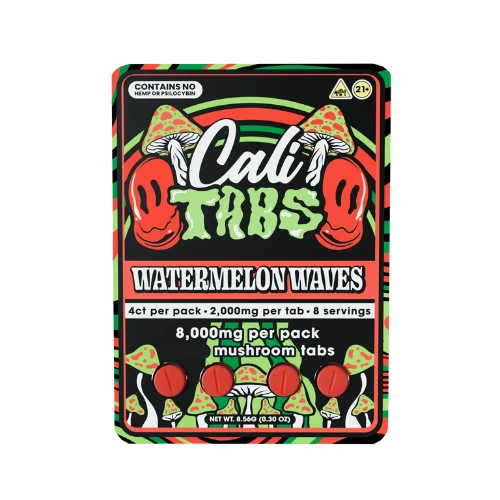
Watermelon Waves

54
https://airtable.com/appWUsGD3byrYcN3l/tblEtb1aIH5Xk4Nh9/viwx3HbRc2OBn02xl/recpWOhtsRQcgCVrk/fld2GYgNi5VwfLA0b/att5tDvy0mx4WZLo6
recpWOhtsRQcgCVrk
29.99
Cali Extrax - Cali Tabs Mushroom Tablets - 8G- Watermelon Waves
Text Link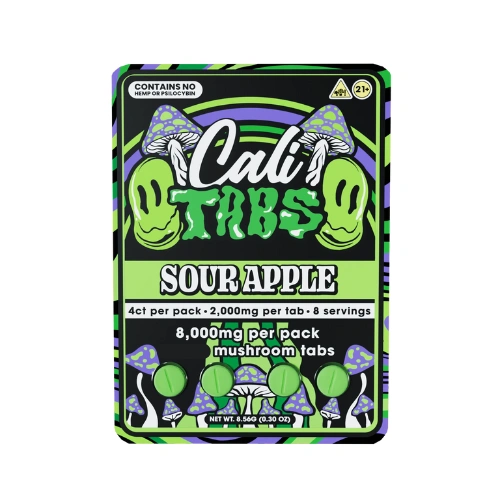
Sour Apple

54
https://airtable.com/appWUsGD3byrYcN3l/tblEtb1aIH5Xk4Nh9/viwx3HbRc2OBn02xl/recWPZaohnErvuxpA/fld2GYgNi5VwfLA0b/attMfJa7DP7kUJPvA
recWPZaohnErvuxpA
29.99
Cali Extrax - Cali Tabs Mushroom Tablets - 8G- Sour Apple
Text Link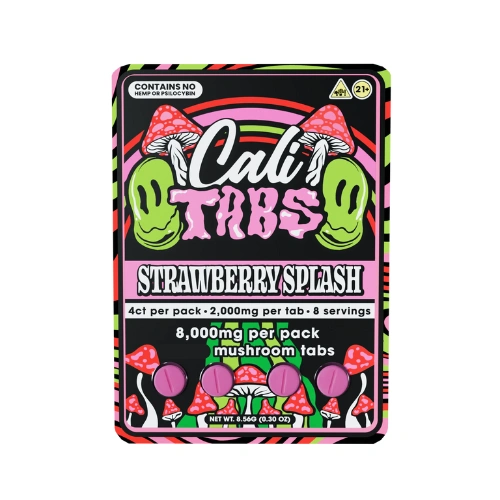
Strawberry Splash

49
https://airtable.com/appWUsGD3byrYcN3l/tblEtb1aIH5Xk4Nh9/viwx3HbRc2OBn02xl/recnb75JNGbyrIJzj/fld2GYgNi5VwfLA0b/attCa0MVu1PTRVRTw
recnb75JNGbyrIJzj
29.99
Cali Extrax - Cali Tabs Mushroom Tablets - 8G- Strawberry Splash
Text Link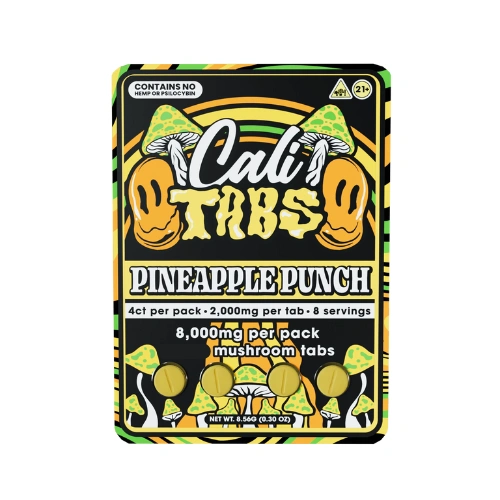
Pineapple Punch

53
https://airtable.com/appWUsGD3byrYcN3l/tblEtb1aIH5Xk4Nh9/viwx3HbRc2OBn02xl/recoFnuHJVZod2d95/fld2GYgNi5VwfLA0b/attZbSdw614VOEE1H
recoFnuHJVZod2d95
29.99
Cali Extrax - Cali Tabs Mushroom Tablets - 8G- Pineapple Punch
Text Link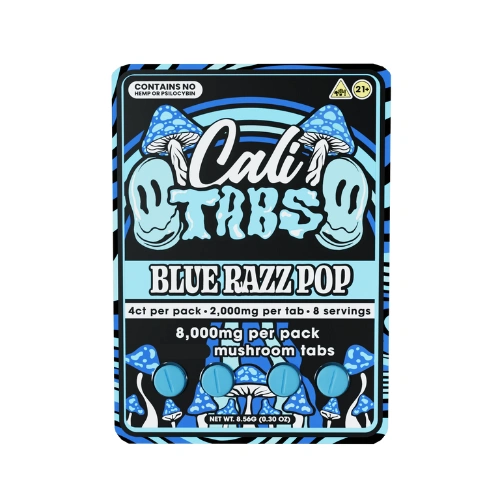
Blue Razz Pop

54
https://airtable.com/appWUsGD3byrYcN3l/tblEtb1aIH5Xk4Nh9/viwx3HbRc2OBn02xl/rec6u0YCorhrg4he4/fld2GYgNi5VwfLA0b/atti3KBDBWBt0XVtr
rec6u0YCorhrg4he4
29.99
Cali Extrax - Cali Tabs Mushroom Tablets - 8G- Blue Razz Pop
Text Link
Blackberry Acai

14
https://media.aeropage.io/api/docproxy/token/b4c9c7104c2981023a27e3f3456bfd6a/recbMm6xiwWgpqDyp
29.99
recbMm6xiwWgpqDyp
39.99
Delta Extrax - THCh | THCjd Lights Out Gummies - 3500mg - Blackberry Acai
Text Link
Kiwi Watermelon

33
https://media.aeropage.io/api/docproxy/token/b4c9c7104c2981023a27e3f3456bfd6a/rec0IYgNsZKT85GGh
29.99
rec0IYgNsZKT85GGh
39.99
Delta Extrax - THCh | THCjd Lights Out Gummies - 3500mg - Kiwi Watermelon
Text Link
Purple Berry

30
https://media.aeropage.io/api/docproxy/token/b4c9c7104c2981023a27e3f3456bfd6a/recz3ddcPiY33D16R
29.99
recz3ddcPiY33D16R
39.99
Delta Extrax - THCh | THCjd Lights Out Gummies - 3500mg - Purple Berry
Text Link
Strawberry Gelato

75
https://airtable.com/appWUsGD3byrYcN3l/tblEtb1aIH5Xk4Nh9/viwx3HbRc2OBn02xl/recXM4TI1htWh3o3J/fld2GYgNi5VwfLA0b/attUt1BX3z8xnpt6c
recXM4TI1htWh3o3J
15.99
Cutleaf - Mushroom Gummies - Sunrise - 1000mg- Strawberry Gelato
Text Link
Mango Gelato

129
https://airtable.com/appWUsGD3byrYcN3l/tblEtb1aIH5Xk4Nh9/viwx3HbRc2OBn02xl/recgxWTjSVWCiJhHa/fld2GYgNi5VwfLA0b/attHKWKmYTnMLf9wT
recgxWTjSVWCiJhHa
15.99
Cutleaf - Mushroom Gummies - Sunrise - 1000mg- Mango Gelato
Text Link
Watermelon Gelato

93
https://airtable.com/appWUsGD3byrYcN3l/tblEtb1aIH5Xk4Nh9/viwx3HbRc2OBn02xl/recGiUsz9lw2USwGr/fld2GYgNi5VwfLA0b/attsN5Hqxjw9MPO9P
recGiUsz9lw2USwGr
15.99
Cutleaf - Mushroom Gummies - Sunrise - 1000mg- Watermelon Gelato




